The issues raised by the Hungarians have become part of the EU's public discourse, said Tibor Navracsics, public administration and regional development minister, during a panel discussion on Hungary's EU presidency in 2024 at the Ludovika festival organized by the University of Public Service. He continued that since Hungary will take over the rotating presidency after the EP elections, the new setup in Brussels will be formed during this time. The composition of the European Commission will become known by the end of October, and the commission will take office on November 1. Then in mid-December the European Council will elect a president for two and a half years, the minister outlined the planned schedule.
He stressed that Hungary has two agendas to run: a policy agenda and an agenda related to the institutional renewal, which is politically more sensitive. For Hungary, the good example to follow is Italy's presidency in 2014, when everything went according to plan, and the bad example is the 2019 Finnish presidency, when everything the Finns wanted to achieve faltered.
The more pragmatic and flexible a presidency is, the more likely it is that institutional renewal will be smooth, but there is also a risk that petty politics will prevent the administrative process from being completed by December 31,
Tibor Navracsis warned.
Hungary is ready
State Secretary Zoltan Kovacs, government commissioner in charge of the preparation and implementation of the operational tasks of the EU Presidency, emphasized that the organization is based on experience gained in similar large-scale events in the past, such as the hunting exhibition. They strive to ensure that Hungarians notice as little as possible from the organization, because they do not want to be seen, but to create the conditions for achieving the objectives.
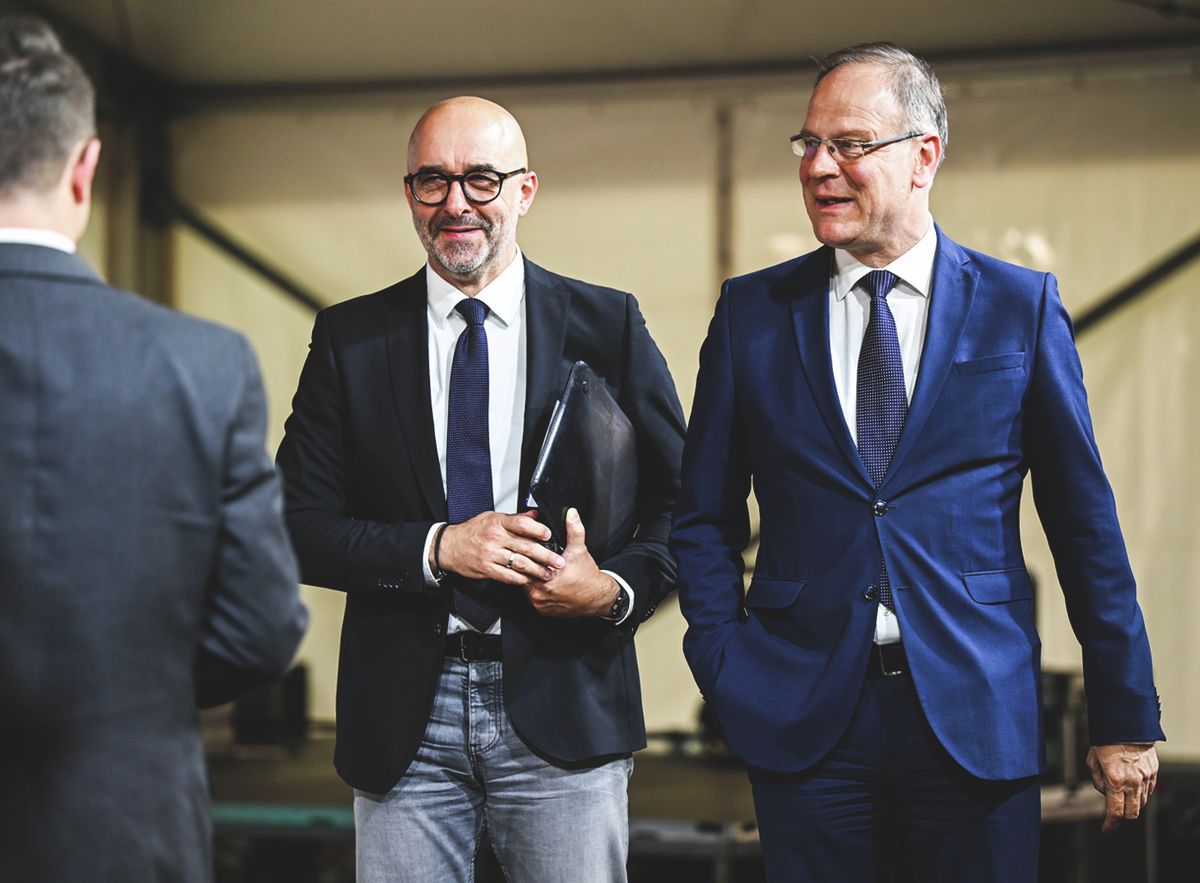
They will take the presidency out of Budapest, he said, because that would have 'killed' the city, even though the hotel capacity has increased several times. Most of the events in the capital will be organized in the Varkert Bazaar, but the Balna Budapest Event Center will also be used as a venue. Formally there are 176 items in the calendar, of which 16 are ministerial-level informal meetings, and two summits will also take place. All of these are planned to take three and a half to four months to complete instead of the available six months, the state secretary said. Formal decision-making will remain in Brussels, where the conditions for smooth operation have also been put in place.
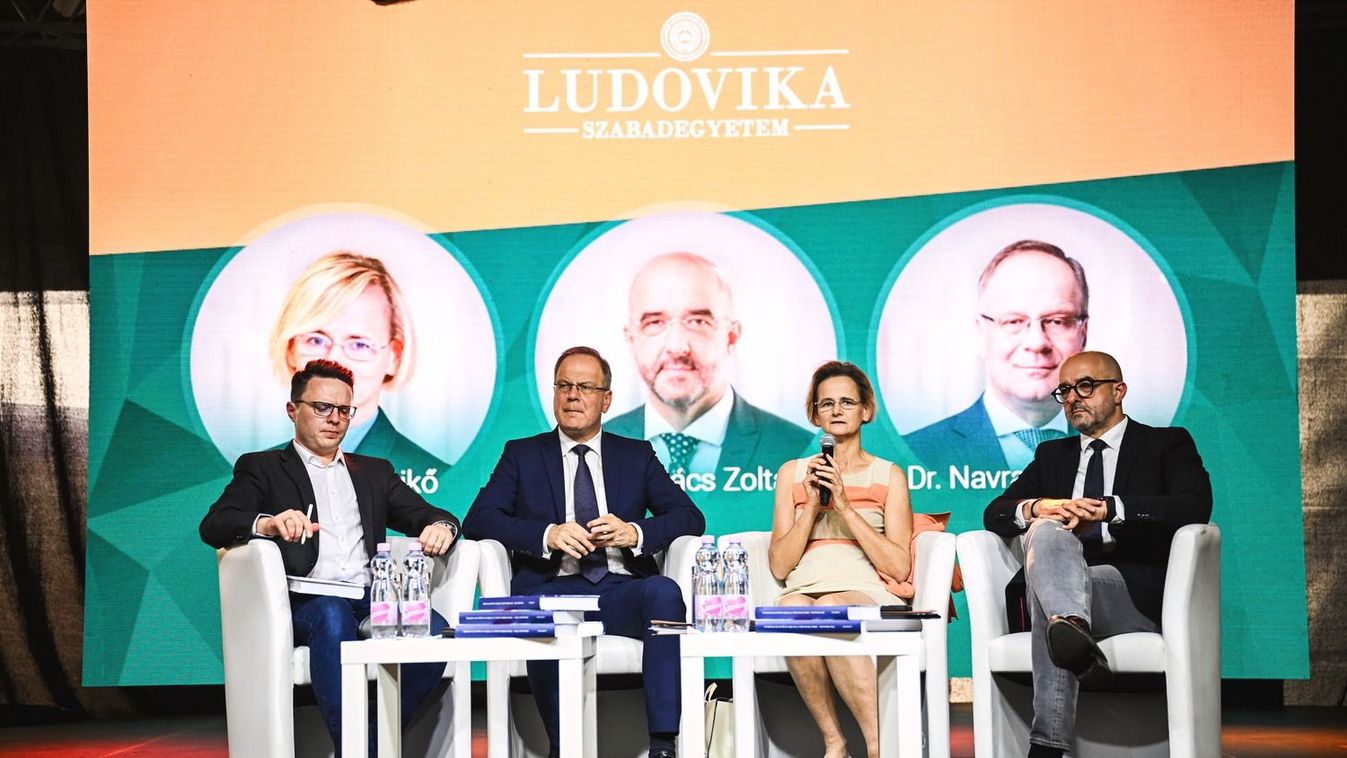
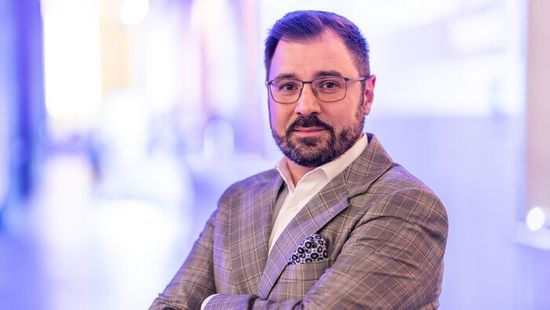
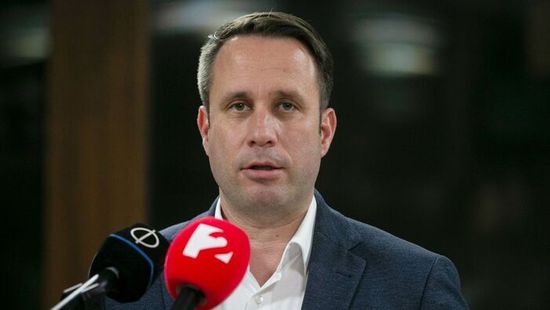
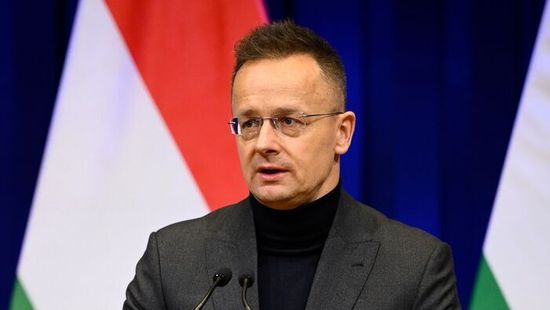
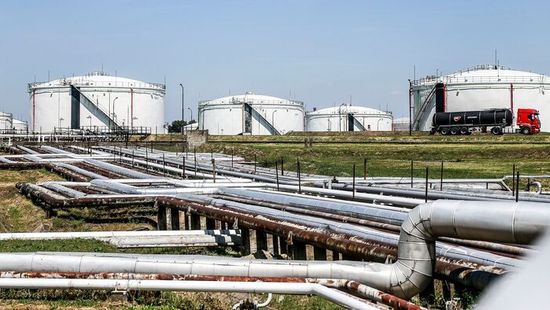

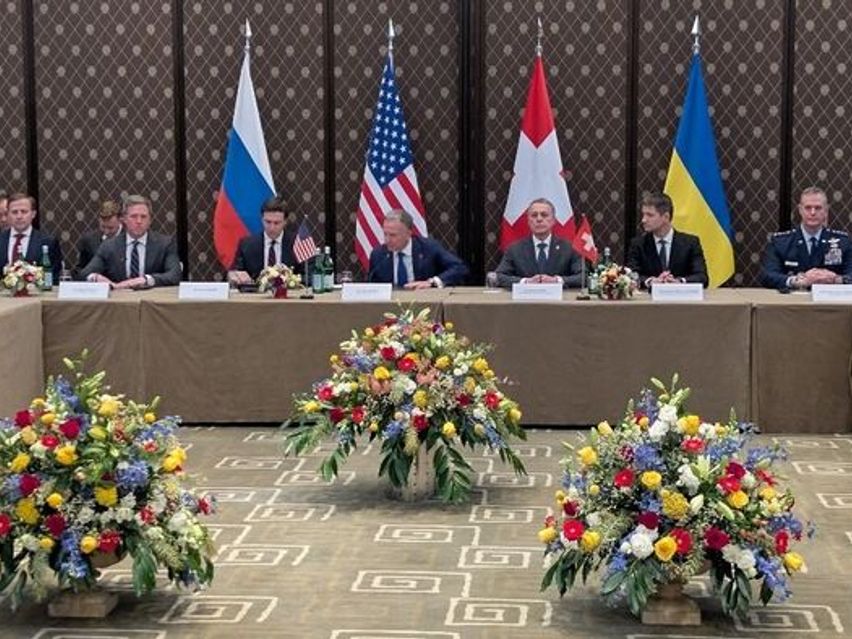
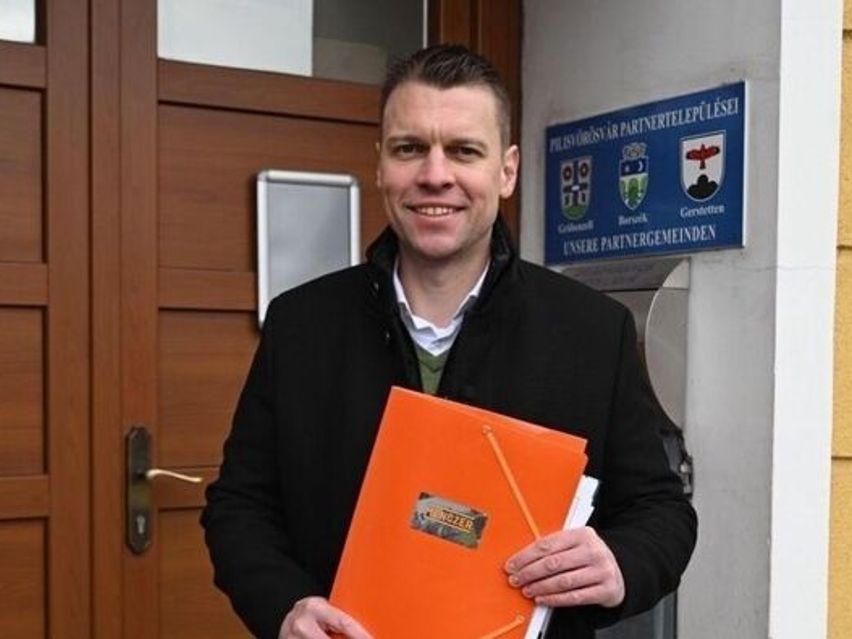
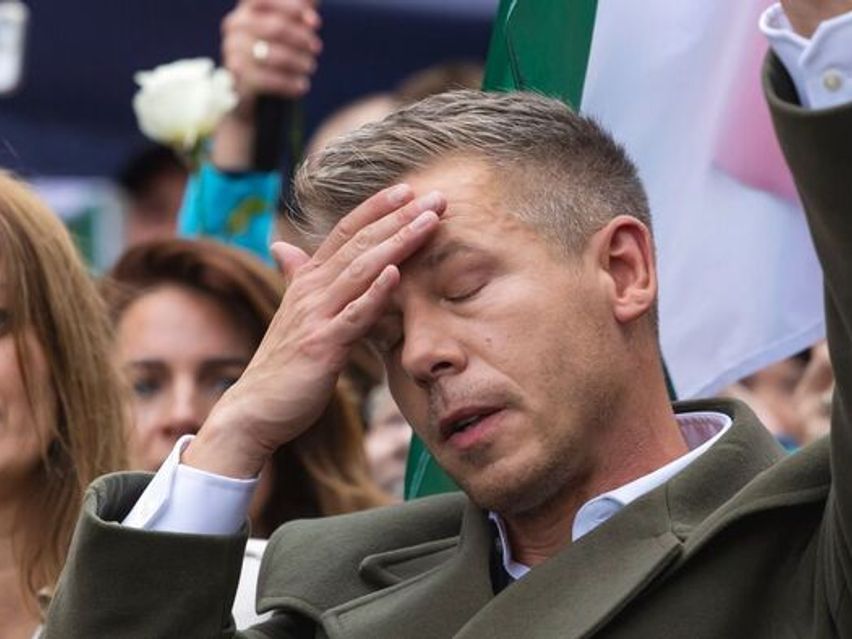
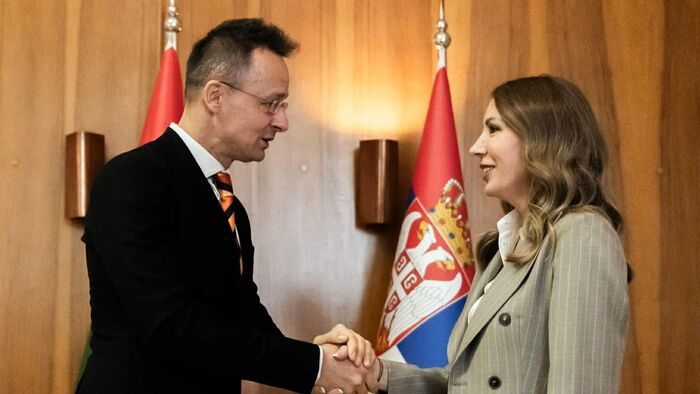


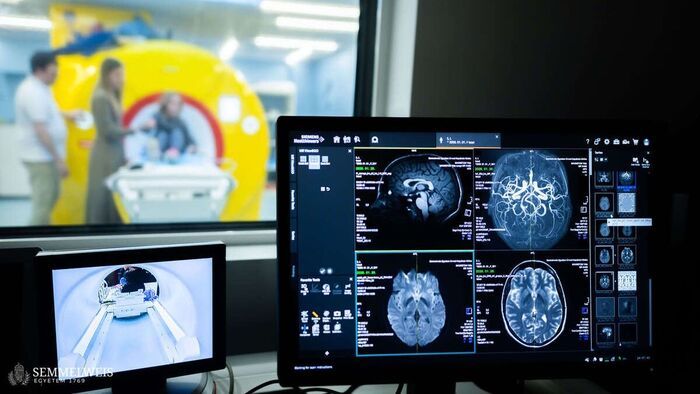
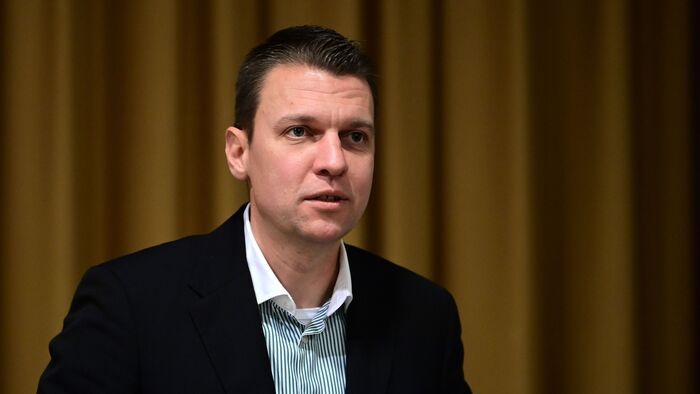

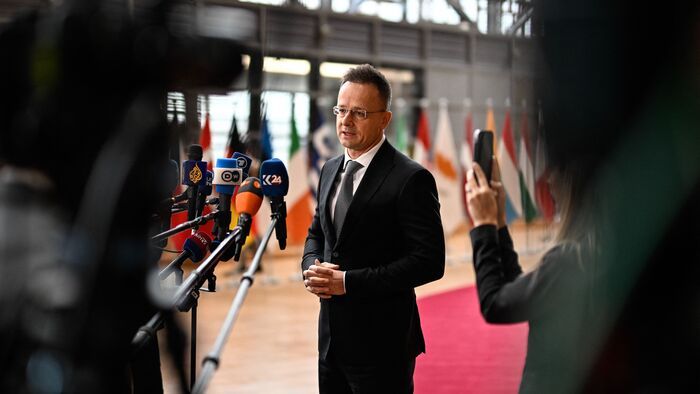

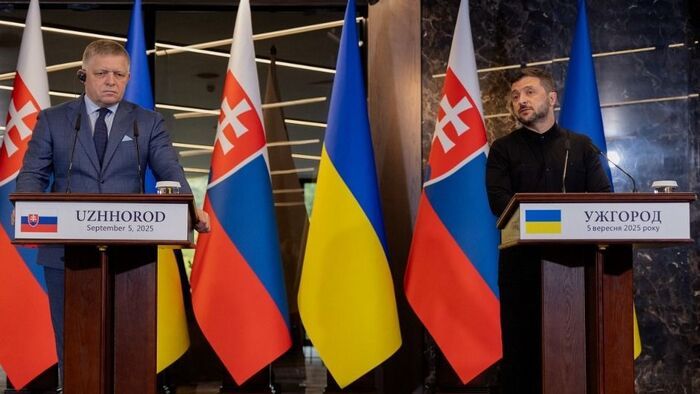



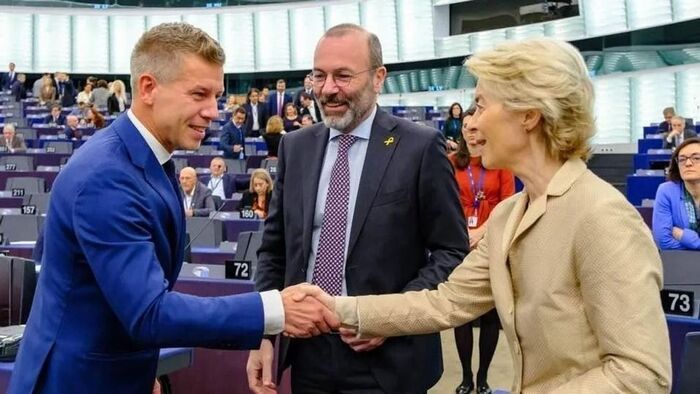

Szóljon hozzá!
Jelenleg csak a hozzászólások egy kis részét látja. Hozzászóláshoz és a további kommentek megtekintéséhez lépjen be, vagy regisztráljon!